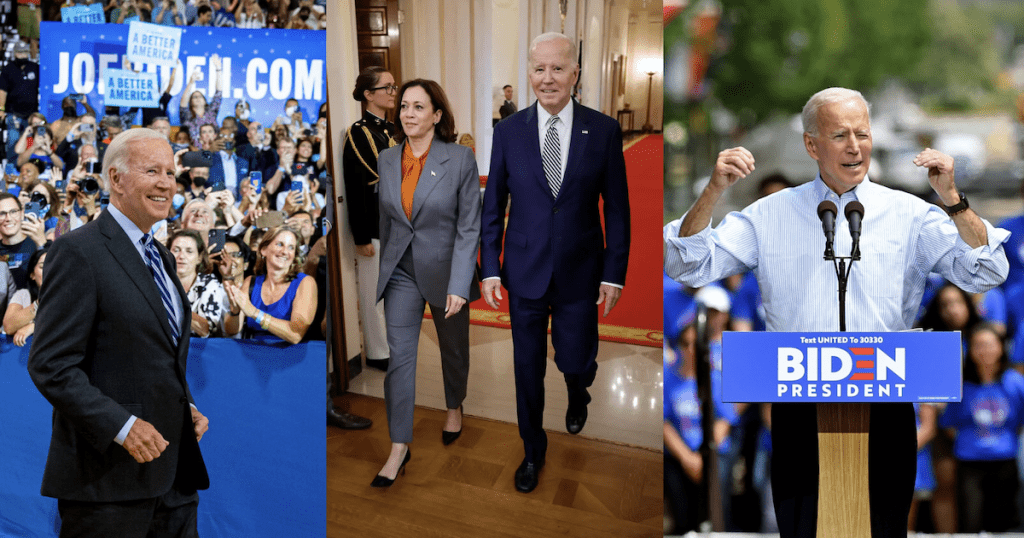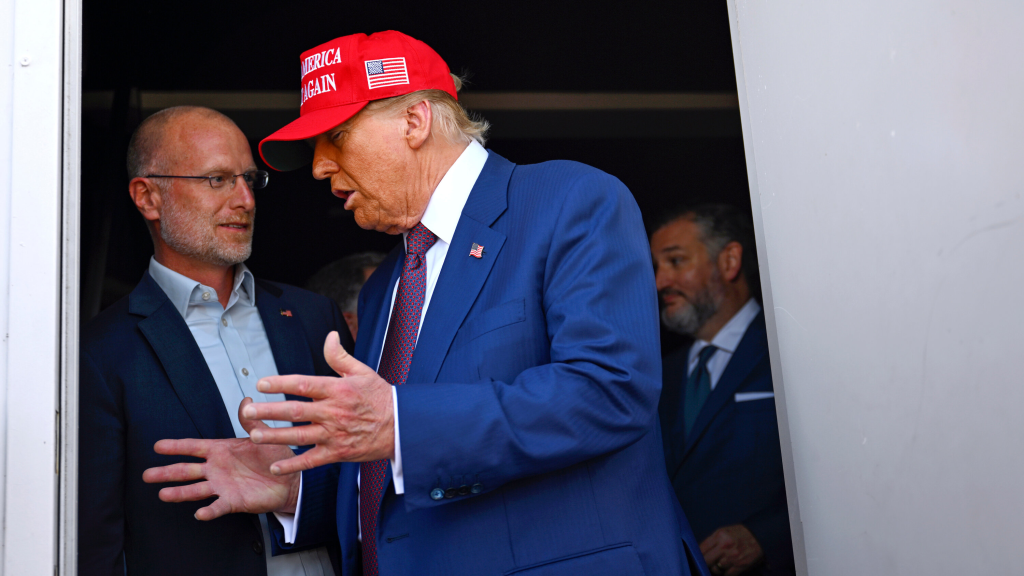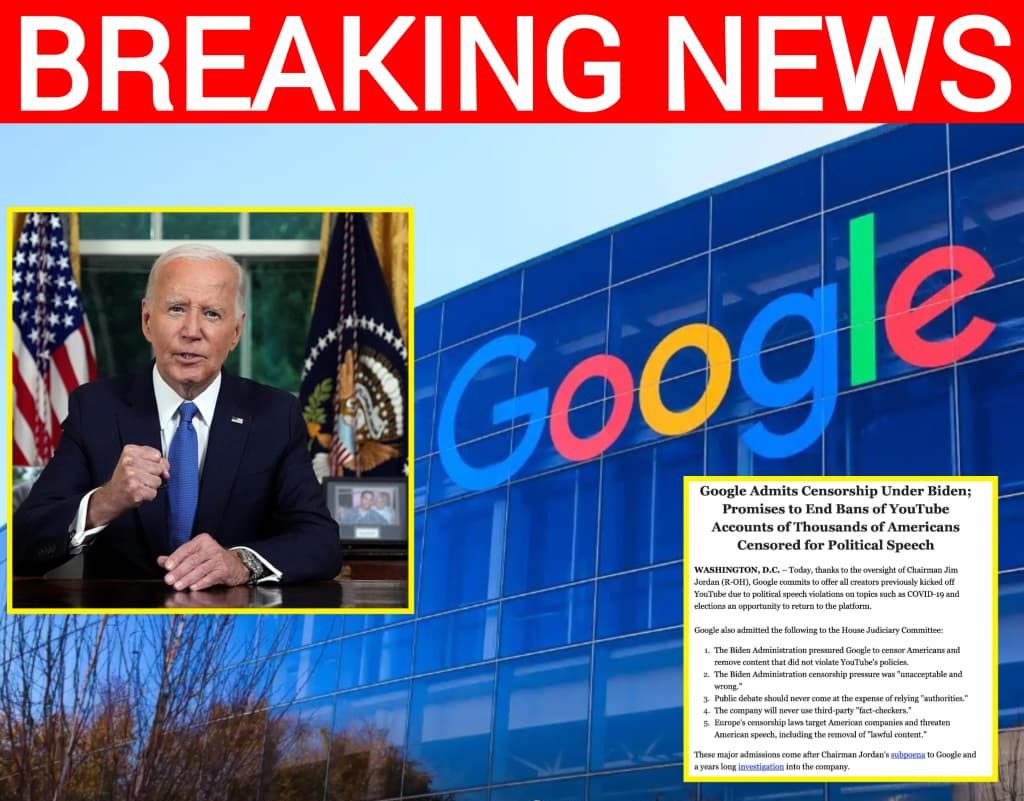Google Confirms Biden Administration Pressured YouTube on Political Speech and Promises to Reinstate Thousands of Banned Accounts
The news coming out of Washington this week has left many people stunned, not just because of the scale of it, but because of the simple clarity of what was said. After years of debate over whether Big Tech was unfairly silencing Americans, Google has now admitted that the Biden administration pressured YouTube to censor political speech. This wasn’t about videos that broke clear rules, but about content that, by Google’s own standards, did not violate YouTube’s policies. For anyone who has followed the growing battle over censorship, the announcement feels like a turning point.

The statement came after months of pressure from the House Judiciary Committee, led by Chairman Jim Jordan of Ohio. His team subpoenaed Google, demanding transparency on how content decisions were being made, and in that process, the company conceded something it had never put so directly before. Google acknowledged that officials in the Biden administration leaned on them to remove content about sensitive topics such as COVID-19 and elections, even when the material wasn’t technically against platform rules. The company admitted this pressure was “unacceptable and wrong,” and it committed to making changes that would give thousands of creators a chance to return.
For those creators, many of whom felt voiceless when their accounts were suspended, the announcement is more than a corporate statement. It represents years of frustration finally being validated. Some had built communities of hundreds of thousands, even millions, of subscribers, only to see their work disappear overnight. For them, the chance to regain access is not just about recovering a channel but reclaiming a place in public debate.

The move also raises complicated questions. In 2020, the Ninth Circuit Court of Appeals ruled that YouTube is a private company and not bound by the First Amendment in the same way the government is. That ruling gave platforms wide freedom to moderate as they saw fit. But when the government itself pressures those companies, the situation changes. Suddenly, the line between corporate policy and state influence becomes blurred. It’s that gray area that has fueled years of accusations, denials, and hearings on Capitol Hill.
This revelation also fits into a broader pattern. In 2023, Meta’s CEO Mark Zuckerberg revealed that the White House had pressured Facebook over pandemic-related content. At the time, many dismissed it as an isolated example. Now, with Google admitting to similar pressures, it’s harder to ignore the larger trend. Tech companies found themselves caught between their role as private businesses and the demands of government officials who saw certain conversations as dangerous or destabilizing.

There is also irony in how this plays against the Biden administration’s own stance on Big Tech. In 2021, the administration brought in aggressive antitrust critics like Lina Khan to push for stronger oversight of tech monopolies. The public message was about reining in corporate power. Yet behind the scenes, according to these disclosures, the same administration was leaning on those very companies to police speech more tightly.
What happens next is uncertain, but the moment feels significant. Google has promised not to rely on third-party “fact-checkers” going forward, signaling a shift toward allowing broader debate. It has also acknowledged that Europe’s strict censorship rules pose risks to American speech, a recognition that free expression is not just a domestic issue but a global one. The tension between governments, companies, and users will not vanish overnight, but this admission adds weight to the argument that ordinary Americans were silenced in ways they shouldn’t have been.
For now, the headlines say it best: thousands of banned YouTube accounts may soon be restored. That means voices thought to be erased could find their way back into the public square. Whether you see that as a victory for free speech or a complication for the platforms, one thing is clear. The fight over who controls the conversation in America is far from over, but this week, a small but important door was reopened.


